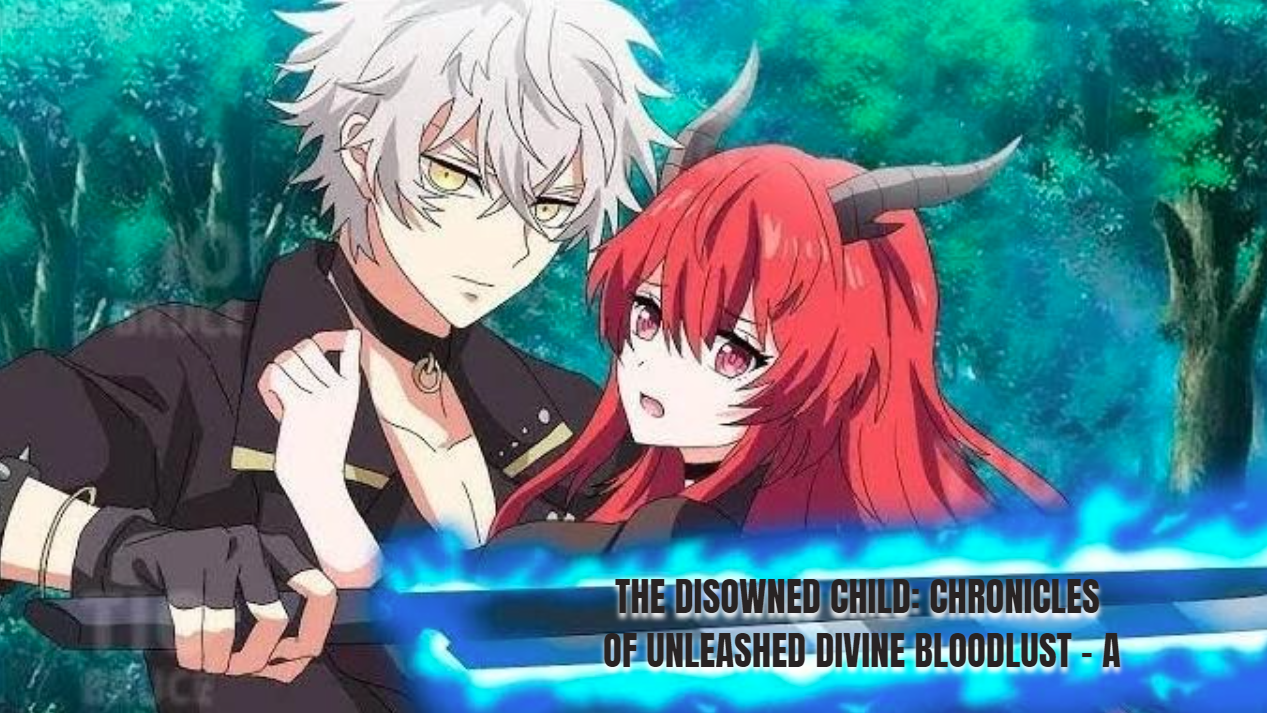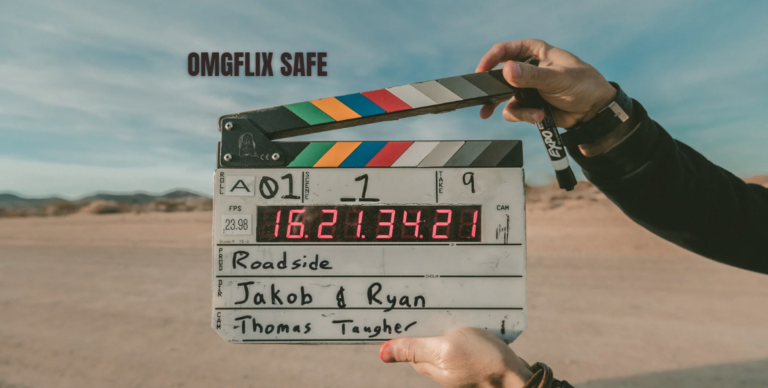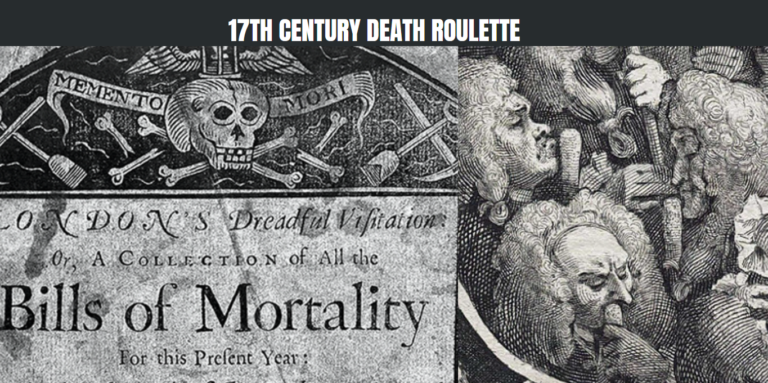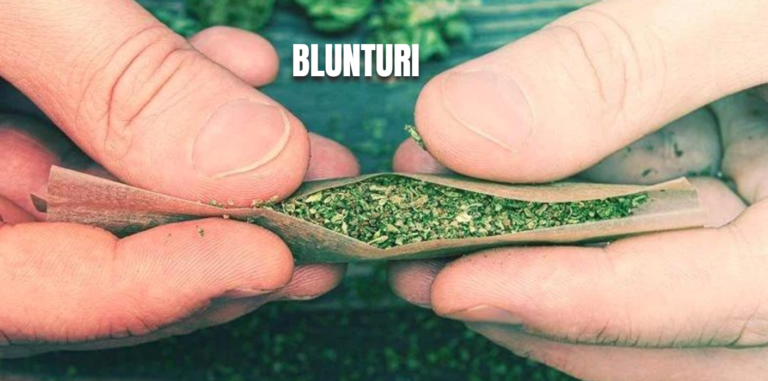The Disowned Child: Chronicles of Unleashed Divine Bloodlust – A Comprehensive Review and Analysis
In the landscape of fantasy literature, few novels capture the raw emotional intensity and epic world-building like The Disowned Child: Chronicles of Unleashed Divine Bloodlust. This story combines elements of revenge, divine power, and existential struggle, weaving a tale of a disowned child who seeks retribution against both gods and mortals.
With its deep character development, complex moral themes, and vivid depictions of otherworldly realms, the novel is a must-read for fans of dark fantasy, mythological epics, and character-driven narratives.
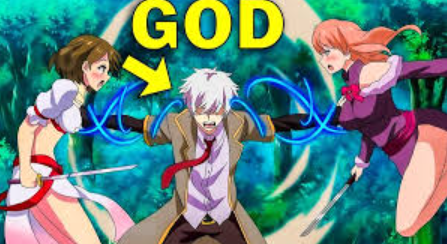
Also Read: Introduction to Picnob: A New Way to Experience Instagram
Introduction to The Disowned Child: Chronicles of Unleashed Divine Bloodlust
The Disowned Child: Chronicles of Unleashed Divine Bloodlust is a dark fantasy novel that explores the psychological and emotional journey of a child abandoned by their divine parent.
This child, possessing latent divine powers, is driven by a deep sense of betrayal and anger, which evolves into a relentless thirst for vengeance. They wield their powers with the intent to bring devastation not only upon their divine lineage but also upon the mortal world that ignored their suffering.
This novel stands out for its mature themes, such as abandonment, revenge, and existential struggles between gods and mortals. Readers are drawn into a rich, intricately woven world where the boundaries between good and evil blur, and the lines between divine justice and bloodlust become indistinguishable.
Plot Overview: A Child’s Quest for Vengeance
The plot of The Disowned Child: Chronicles of Unleashed Divine Bloodlust follows the central character, a child who was abandoned by their divine parent at a young age. After suffering rejection and hardship in the mortal world, the child discovers their latent divine power, a gift from their estranged parent. However, this power is tainted with anger and bloodlust.
The Journey Begins
The disowned child embarks on a journey of self-discovery and vengeance, determined to confront the gods who abandoned them and the mortal world that turned a blind eye to their suffering. Along the way, they encounter allies and enemies, both mortal and divine, who shape their understanding of power, justice, and what it means to be truly free from the chains of divine rule.
The Descent into Bloodlust
As the child grows stronger, their desire for revenge intensifies. They begin to wage a war against both gods and mortals, leaving devastation in their wake. However, the more they unleash their power, the more they struggle with the line between justice and outright bloodlust.
Also Read: Introduction to Picnob: A New Way to Experience Instagram
Character Analysis: The Disowned Child and Their Journey
The Disowned Child
The protagonist of The Disowned Child: Chronicles of Unleashed Divine Bloodlust is a deeply complex character, shaped by feelings of abandonment, betrayal, and anger. Their divine heritage makes them immensely powerful, but also isolates them from both mortals and gods. As they grow into their powers, they wrestle with their humanity, their godly identity, and their all-consuming desire for revenge.
Supporting Characters
Along the way, the disowned child encounters a host of supporting characters, each representing different aspects of power, morality, and the consequences of divine intervention in the mortal world. Some try to guide the protagonist toward forgiveness, while others encourage their path of destruction, serving as mirrors to the protagonist’s inner turmoil.
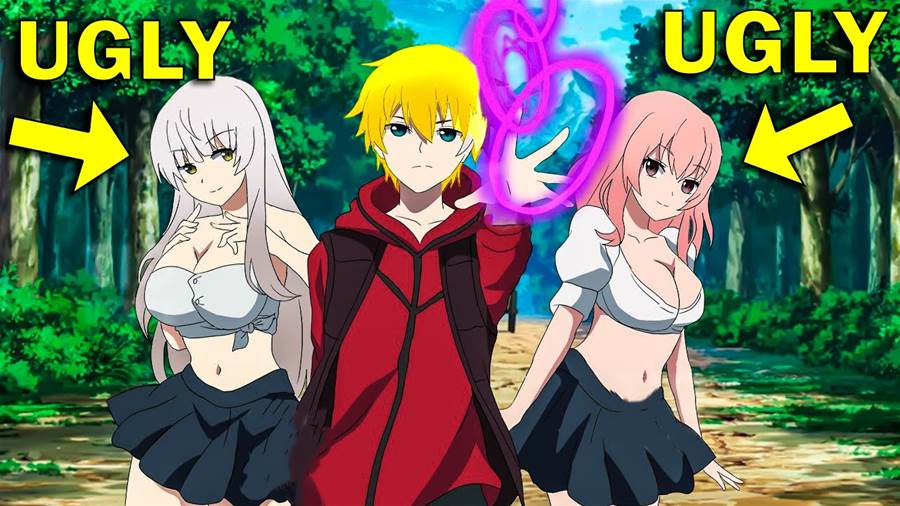
Themes Explored in The Disowned Child: Chronicles of Unleashed Divine Bloodlust
Abandonment and Betrayal
At the heart of the novel is the theme of abandonment. The protagonist’s divine parent’s rejection creates a deep wound that drives much of the story. The novel explores how abandonment by a parent—especially a god—can lead to profound feelings of betrayal and anger.
Revenge vs. Justice
The novel constantly blurs the lines between revenge and justice. The protagonist believes that their actions are justified, given the gods’ betrayal. However, as their bloodlust grows, the question of whether their actions are morally defensible becomes more complex.
The Role of Divine Power in the Story
Divine power is both a blessing and a curse in The Disowned Child: Chronicles of Unleashed Divine Bloodlust. For the protagonist, their divine power is a source of strength, but it also fuels their anger and desire for destruction.
Gift or Curse?
The novel poses a question: Is divine power truly a gift, or does it come with a heavy burden? For the protagonist, their power is tied to their traumatic past, and every time they use it, they are reminded of their divine parent’s abandonment.
The Consequences of Divine Power
As the protagonist’s powers grow, the consequences of their actions become more severe. The novel examines how unchecked power, especially when driven by anger, can have devastating effects on both the wielder and the world around them.
Mortal vs. Divine: The Struggle for Identity and Purpose
One of the central conflicts in the novel is the protagonist’s struggle to reconcile their divine heritage with their humanity. They are neither fully mortal nor fully divine, and this duality creates a constant internal battle.
The Burden of Divinity
Being born of a god comes with immense expectations and burdens. The protagonist’s journey is not only about seeking revenge but also about coming to terms with their identity as a disowned child of the divine.
Rejecting Mortality
The protagonist initially rejects the mortal world, seeing it as a place that allowed their suffering to happen. However, as they interact with mortals on their journey, they begin to question whether they truly want to destroy everything or if they can find a place within the mortal realm.
Also Read: Introduction to Picnob: A New Way to Experience Instagram
The World-Building in The Disowned Child: Chronicles of Unleashed Divine Bloodlust
The world-building in The Disowned Child: Chronicles of Unleashed Divine Bloodlust is vast and intricate, with richly detailed realms inhabited by both gods and mortals. The novel paints a picture of a world where divine intervention in human affairs is common, but often destructive.
The Divine Realms
The gods in the novel inhabit a realm separate from mortals, but their influence is felt across both worlds. The divine realms are depicted as places of immense power, but also of indifference and cruelty, where gods view mortals as little more than pawns.
The Mortal World
The mortal world is no less complex, with kingdoms, factions, and individuals all vying for power. Mortals in the story often see the gods as distant and uncaring, and some even view the protagonist as a potential savior, despite their destructive tendencies.
The Complexity of Revenge in the Novel
Revenge is a central theme in the novel, but it is portrayed with nuance and complexity. The protagonist’s desire for vengeance is understandable, given the betrayal they’ve experienced, but the novel also explores the personal cost of such a quest.
The Cost of Revenge
As the protagonist’s power grows, so does their isolation. They become consumed by their desire for revenge, which begins to erode their humanity. The novel raises the question: Is revenge worth the price, or does it ultimately destroy the person seeking it?
Also Read: Introduction to Picnob: A New Way to Experience Instagram
Symbolism in The Disowned Child: Chronicles of Unleashed Divine Bloodlust
The novel is rich with symbolism, particularly around the themes of power, blood, and divinity. The protagonist’s divine blood is both a source of power and a reminder of their abandonment, and every time they use their powers, they are symbolically unleashing their anger and pain.
The Impact of Abandonment and Betrayal
The novel’s portrayal of abandonment and betrayal is deeply emotional and complex. The protagonist’s relationship with their divine parent is at the heart of their pain, and this personal betrayal drives much of the novel’s action.
The Divine Parent
The divine parent is a distant and uncaring figure, representing the larger theme of how the gods view mortals and demigods alike. Their abandonment of the protagonist is symbolic of the gods’ general indifference to the suffering of others.
Moral Dilemmas: The Fine Line Between Justice and Bloodlust
As the protagonist’s actions grow more violent, the novel asks difficult questions about morality and justice. While the protagonist sees their actions as justified, the bloodlust they experience complicates the notion of divine retribution.
Reception and Impact of The Disowned Child: Chronicles of Unleashed Divine Bloodlust
The novel has been well-received by fans of dark fantasy, particularly in the USA, where readers have praised its complex characters, rich world-building, and exploration of deep emotional themes. It stands out for its blend of mythological storytelling and modern psychological depth.
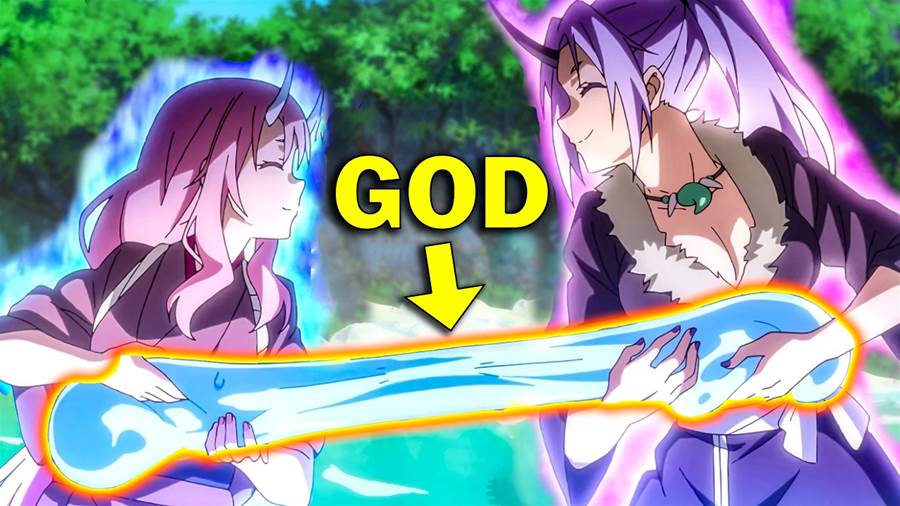
Also Read: Introduction to Picnob: A New Way to Experience Instagram
Why The Disowned Child Resonates with Modern Audiences
Themes of Justice and Identity
In a time when many people are grappling with issues of identity, justice, and personal agency, the novel’s themes resonate deeply. The protagonist’s struggle to reconcile their divine power with their personal trauma reflects larger societal conversations about power, responsibility, and personal growth.
Frequently Asked Questions (FAQs) About The Disowned Child: Chronicles of Unleashed Divine Bloodlust
Q1: What is The Disowned Child: Chronicles of Unleashed Divine Bloodlust about?
The novel tells the story of a child abandoned by their divine parent, who unleashes their divine power in a quest for revenge against gods and mortals alike.
Q2: What are the main themes of the novel?
Key themes include abandonment, revenge, the struggle between justice and bloodlust, and the conflict between divine power and human identity.
Q3: Who would enjoy reading The Disowned Child: Chronicles of Unleashed Divine Bloodlust?
Fans of dark fantasy, mythological epics, and character-driven narratives will enjoy the novel, especially those interested in complex moral themes and psychological depth.
Q4: Is this novel part of a series?
While the novel can stand alone, its rich world-building leaves room for future installments that could explore the protagonist’s continued journey or other characters in the world.
Q5: What makes this novel stand out in the fantasy genre?
Its unique blend of mythological elements, complex character development, and exploration of moral dilemmas sets it apart from other fantasy novels.
Conclusion: The Power and Tragedy of Unleashed Divine Bloodlust
The Disowned Child: Chronicles of Unleashed Divine Bloodlust is a powerful exploration of what happens when divine power is coupled with deep personal trauma. The novel’s protagonist is both a tragic figure and an avatar of divine retribution, making for a compelling and emotionally charged narrative.
With its complex characters, rich world-building, and exploration of deep moral questions, this novel is a standout in the fantasy genre and a must-read for fans of dark, thought-provoking fiction.
Also Read: Introduction to Picnob: A New Way to Experience Instagram

